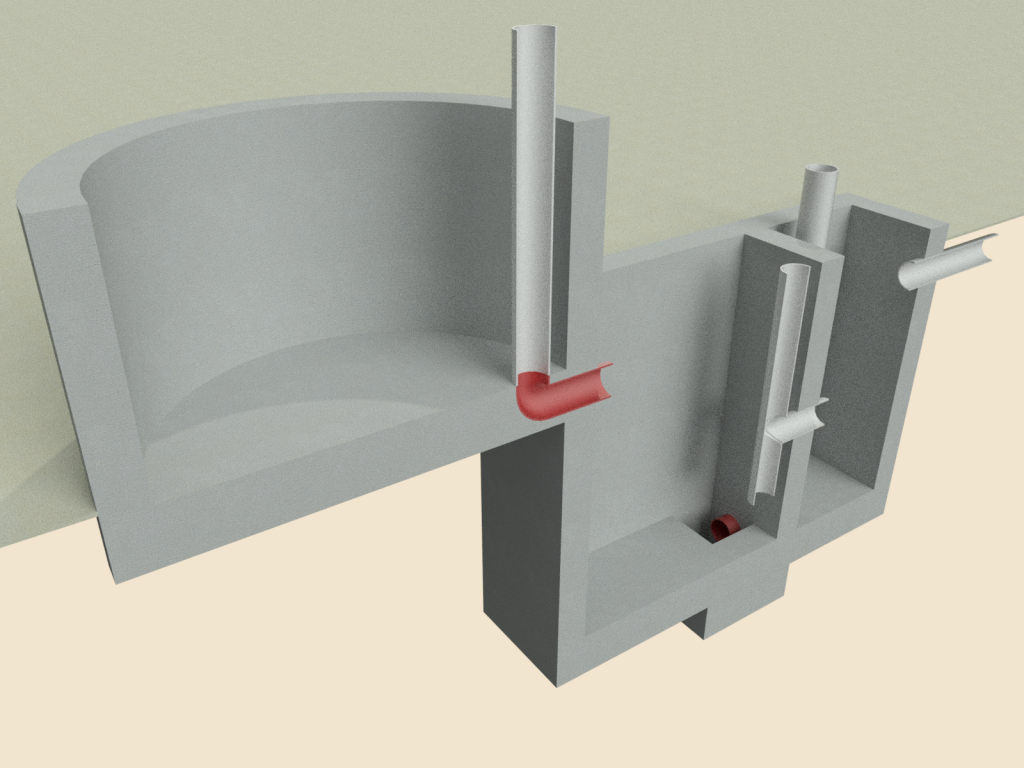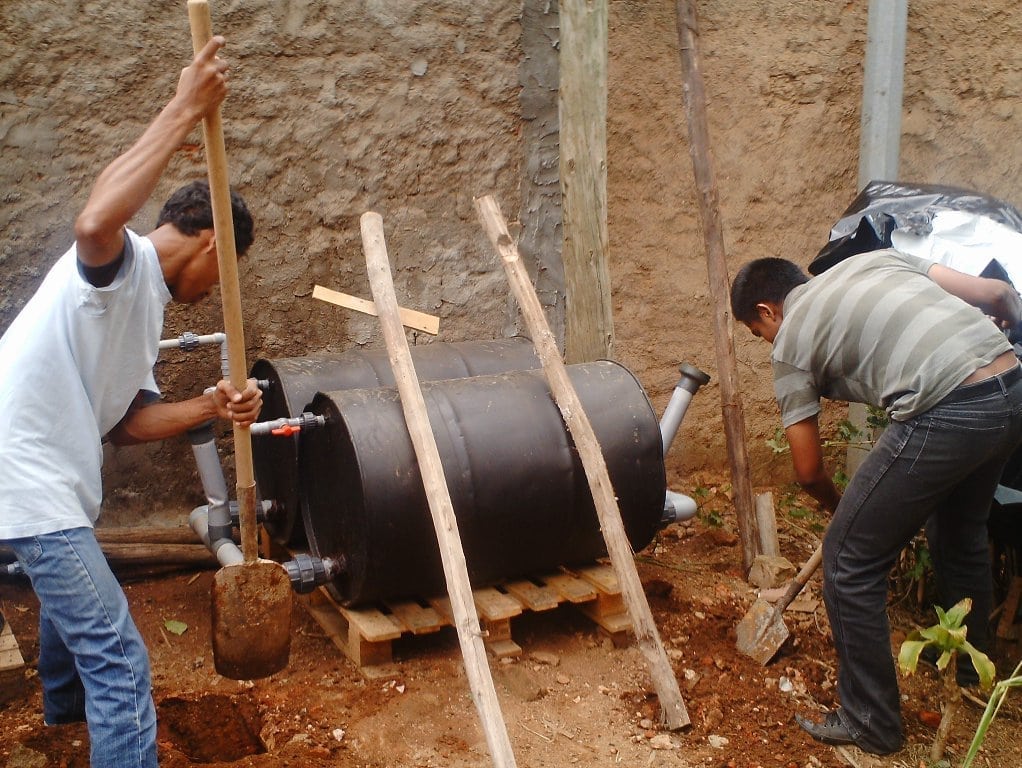With the aim of increasing the impact of biodigesters on farmers’ livelihoods and productivity, this project focused on improving the work-stream of Sistema.bio’s solutions by standardizing its designs. Farming systems are the backbone of energy and food security. Mismanagement of their waste and byproducts, however, jeopardize their long-term productivity and compromise the environmental quality. To contribute to a more sustainable agriculture, Sistema.bio provides biodigester solutions that transform organic waste from farms into environmentally sound biogas and biofertilizer.
This project diagnosed the current workflow of the implementation of large productive biogas installations. Sistema.bio has regional teams in Kenya, India, Mexico and Colombia, covering a wide spectrum of large productive farms’ requirements and thus has to cater to an equally broad range of needs. Each regional team tailors their proposals to their respective contexts in order to make sure that the proposed technical solution corresponds to the farm activities. However, these divergent lines of action lead to unstandardized designs and drawings, which may ultimately affect the efficiency and accuracy. To standardize these processes, four strategies were considered while using Autodesk® AutoCAD to design a solution. First, a repository of standard designs was created; it consists of a number of drawings of Sistema.bio’s equipment including civil structures. Second, a master AutoCAD farm layout template was designed, which can be quickly adapted to each farm’s own and unique site conditions that will integrate standard and/or tailor made equipment. Third, both standard designs and master templates were made through a layer-based approach; this enables the quick customization of visual styles without the need to redraw. Last but not least, the cloud integration across regional teams is accomplished by using the web-based Autodesk® Viewer.
The standardization of Sistema.bio’s solutions for productive farms will have a two-fold impact. On the one hand, it will reduce the time for proposals while increasing their quality and efficiency. On the other hand, it will improve the communication between company and customers, thereby fostering the effective adoption of biodigesters for a more sustainable future.
E4C 2021 PROGRAM MANAGEMENT TEAM: Mariela Machado, Senior Program Manager; Grace Burleson, Research Manager; Marilynn Holguín Clover, Program Coordinator; Jonathan Kemp, Program Associate
ADVISORS AND COLLABORATORS: Maxence Affre, Global Technical Director, Kenya; Oscar Ominde, Proposal Manager, Kenya
This research was completed as part of the 2021 E4C Fellowship program. Learn more about the Fellows who worked on this research collaboration by connecting with them on LinkedIn: Juan Carlo Intriago Zambrano, and Carolina Rojas.


No Comments.